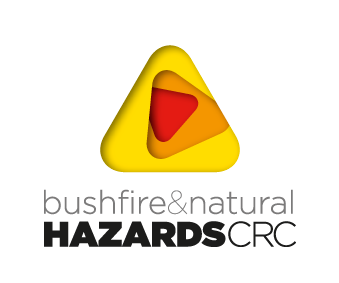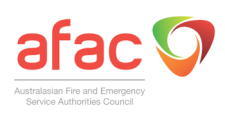Adapting To Climate Change – Reflecting On Our Shared and Uncommon Knowledge
Presentation at Research Forum of the 2012 Bushfire CRC and AFAC Annual Conference.
Fire management faces the common challenge of climate change adaptation. However, differences in other social, environmental and economic changes across the country mean that the implications of climate change are also different across the country. If fire management is to support the adaptive capacity of our social-economic-ecological systems, like most public policy sectors, it requires considerable adaptive capacity itself. Multi-actor collaboration is often reasoned to be a key means of facilitating this adaptive governance. Tapping into the sector's diverse perspectives may be one of its more adaptive attributes. To benefit from collaborations, fire management sectors need to adopt a reflexive learning approach. Reflexive learning is more than ‘learning by doing'. A reflexive learning approach involves deliberate exploration of the policy frames and informal institutions that structure the sector's practices, policy options and governance arrangements, alongside alternate ways of framing the sector's fundamental issues. The case for reflexive learning in enabling adaptive governance is supported by insights from literature across a range of disciplines. This paper presents research that used this multi-disciplinary literature as the theoretical basis for an exploration of the policy frames and informal institutions of Victoria's fire management sector. Taking its perspective from the sector's public servants, the research identified several informal institutions that arguably, are not unusual in the public sector. These institutions included: a need for demonstrable reactivity and infallibility; science as neutral arbiter; demarcations of ‘legitimate' knowledge; and a competition for reputational capital. The research also identified two policy master-frames: sustainability and emergency management. Together these analyses indicated a highly institutionalised emergency management frame with potential constraint on the sector's capacity for reflexive learning. The results have implications not only for disaster risk reduction (DRR) and climate change adaptation (CCA) efforts within the fire management sector, but for interchanges between DRR and CCA more broadly.
For more info ...
-
Student


